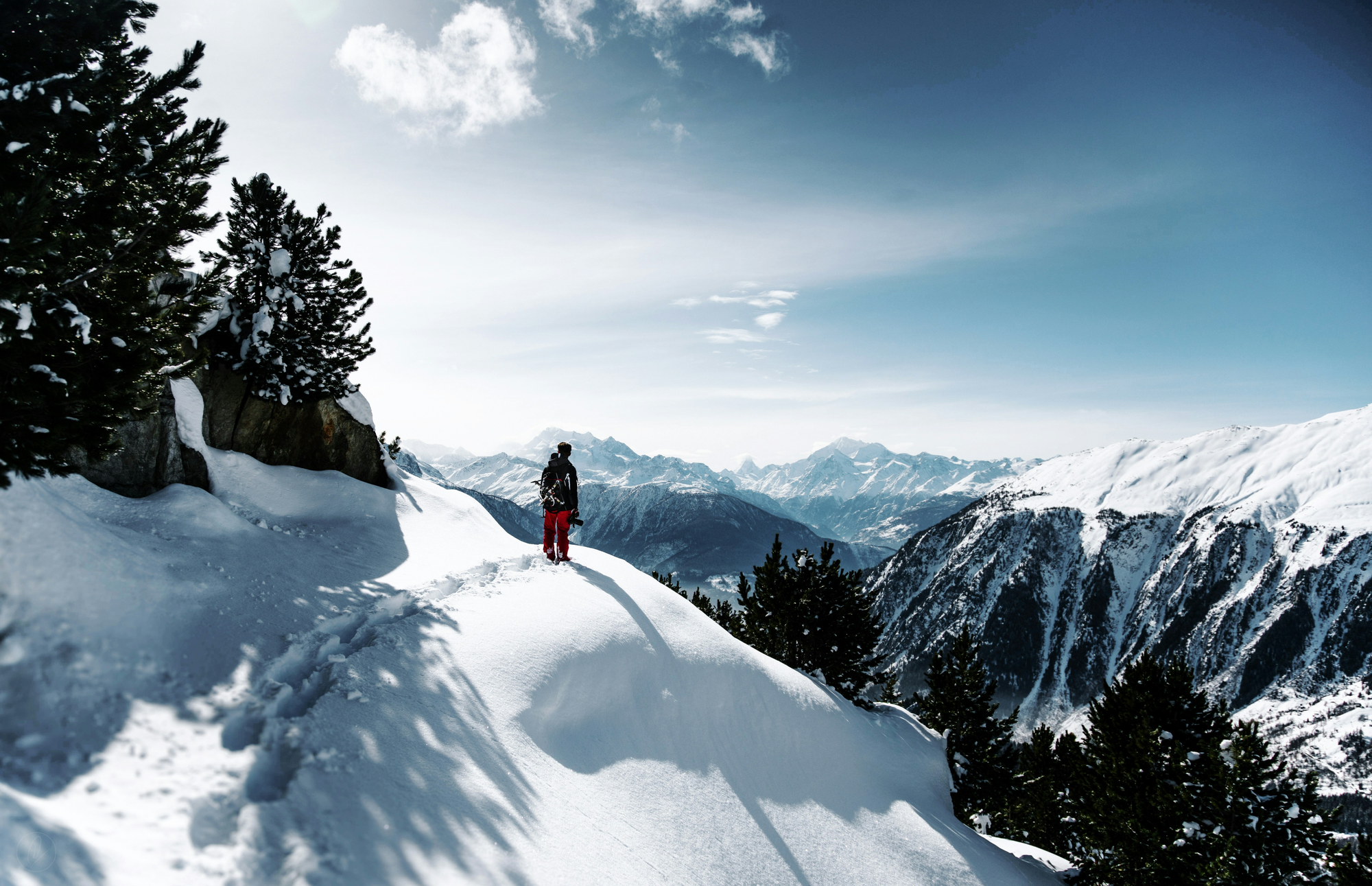Travel is more than just moving from one destination to another—it’s an opportunity to broaden our perspectives and deepen our understanding of the world. Today, with environmental concerns and cultural preservation becoming increasingly important, there’s a shift toward more thoughtful, meaningful travel. Mindful travel isn’t just about checking off bucket list items, but about building connections—with landscapes, with local communities, and with our own sense of purpose. As we navigate an era of rapid change, how we travel can make a real difference.
Rediscovering the World Through Adventure
From the red sandstone canyons of the Middle East to the snow-covered peaks of the Alps, travelers are increasingly seeking experiences that go beyond the ordinary. Adventure travel invites us to step outside our comfort zones and immerse ourselves in nature’s wonders, whether that’s camping under a starry sky, hiking along a coastal path, or navigating a mountain trail at sunrise. These moments not only provide a sense of excitement but also offer an opportunity for reflection and growth.

A recent National Geographic feature on sustainable travel emphasizes that the most rewarding journeys are those that prioritize connection—both with the natural world and with local people. Whether you’re wandering through ancient ruins, boating on serene lakes, or trekking through dramatic landscapes, each experience adds a new layer to your understanding of a place. Adventure travel, at its best, encourages respect, curiosity, and a genuine appreciation for the world’s diversity.
Traveling mindfully is not just about where you go, but how you engage with every place along the way.
by Emily Turner, Travel Writer
Simple Steps Toward Responsible Exploration
Mindful travel is built on a foundation of respect—for nature, for culture, and for the communities you encounter. Small changes in how you approach your trips can add up to a significant positive impact, ensuring that your adventures benefit both you and the destinations you visit. Here are a few ways to get started:
- Leave no trace: Always clean up after yourself and avoid disturbing wildlife or damaging delicate environments. Whether you’re camping in a remote canyon or exploring a popular hiking trail, strive to leave the area better than you found it.
- Support local businesses: Choose locally-owned accommodations, guides, and restaurants whenever possible. This not only provides a more authentic experience but also ensures that your travel dollars stay within the community, helping to preserve local culture and support sustainable growth.
- Limit resource use: Be mindful of water and energy consumption, especially in regions where resources are scarce. Bring a reusable water bottle, avoid single-use plastics, and turn off lights and taps when not in use.
- Be curious, not intrusive: Engage with local people by asking questions and learning about their customs, but always do so with humility and respect. Observing cultural etiquette and seeking permission before taking photos helps foster genuine, positive interactions.
- Share the experience: When you return home, use your stories and photos to inspire others to travel responsibly. Sharing tips about eco-friendly practices or highlighting the importance of sustainable tourism can influence friends and family to make better choices on their own trips.
By adopting these practices, travelers can help protect the natural beauty and cultural heritage of destinations around the globe, ensuring that they remain vibrant and welcoming for years to come.


The Power of Real-Life Adventure
There’s something transformative about stepping into the unknown, whether it’s pitching a tent beneath a blanket of stars, exploring a sunlit canyon at dawn, or rowing across a still lake. These authentic experiences not only connect us more deeply to the places we visit but also to ourselves. Adventure reminds us of our resilience, our curiosity, and our responsibility to the world we share.
Mindful adventurers often return from their journeys with more than just photographs—they come back with a renewed sense of wonder and a stronger desire to protect the places they love. Communities that embrace sustainable tourism frequently see the benefits as well, from increased economic opportunities to a greater sense of pride in their natural and cultural heritage.
In the end, the greatest adventures are those that inspire both joy and stewardship. As you plan your next trip, consider how each step you take can help build a more sustainable future for the destinations that inspire you most.








